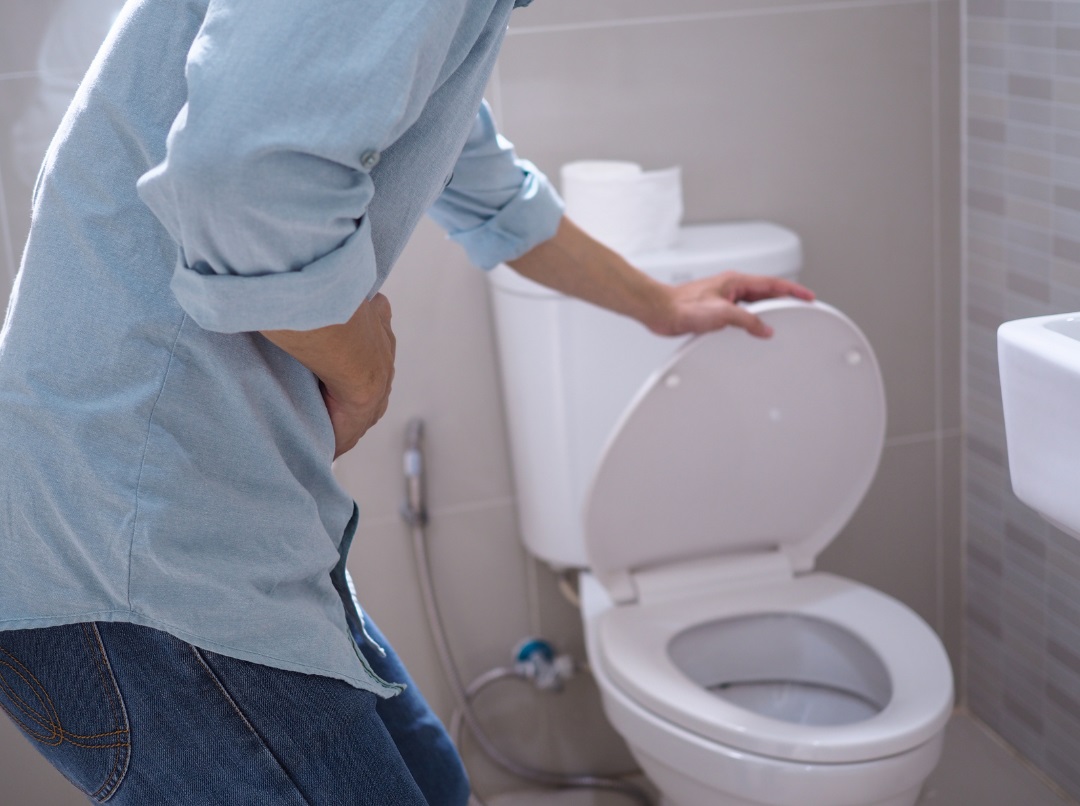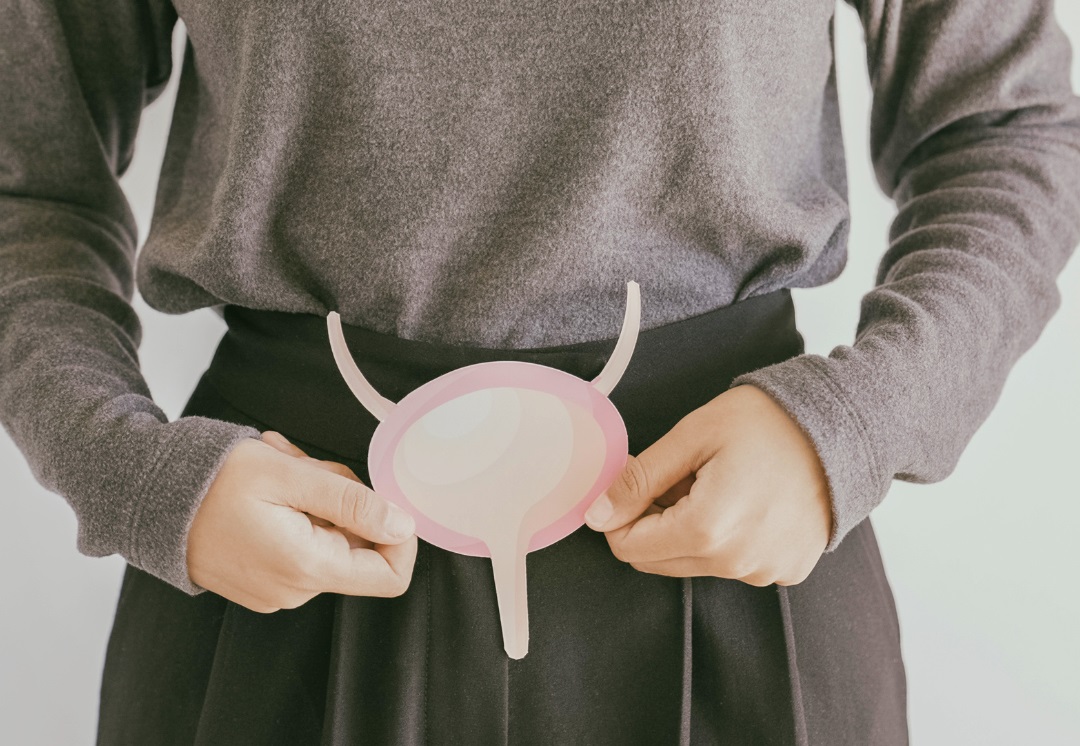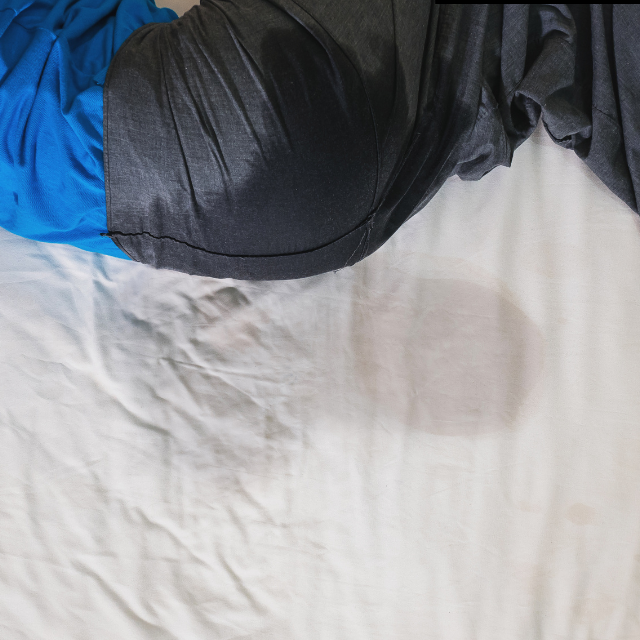Lifestyle changes for overcoming Overactive Bladder.
Overcoming an overactive bladder may require making lifestyle changes in addition to treatment, if necessary. The following are some practical changes in lifestyle that can be of help:
Dietary Adjustments
Avoid Bladder Irritants: Limit or avoid caffeine, alcohol, carbonated beverages, spicy foods, acidic foods (including citrus fruits), and foods containing artificial sweeteners.
Hydrate Wisely: Stay hydrated, but avoid large fluid intakes. Spread out your fluid intake throughout the day.
Identify and Work with Food Sensitivities: Keep a food diary showing you which foods make symptoms worse or better.
Timed Voiding
Practice going to the bathroom at specific times—for instance, every two to three hours—despite whether or not you feel like you need to go. This "trains" your bladder.
Pelvic Floor Exercises (Kegels)
The better a person has developed pelvic floor muscles, the stronger will be their bladder control. Kegels include contracting and holding those muscles used when trying to stop urination, and then letting them go. Doing a few sets daily around 10-15 repetitions per set.
Weight Control
If overweight, the reduction in weight may decrease pressure on the bladder and pelvic floor and improve symptoms.
Bladder Training
Gradually increase the time between bathroom trips. This can help your bladder hold more urine over time.
Cut Down on Fluid Intake in the Evening
Limit fluids in the evening to minimize nighttime awakenings to use the bathroom. Avoid products that may act as diuretics such as tea or coffee at the end of the day.
Stop Smoking
Also, smoking causes chronic coughing that puts added pressure on the bladder, thereby exacerbating symptoms.
Stress Management
Stress and anxiety can increase with bladder symptoms. Add complementary therapies, such as meditation, yoga, or guided breathing exercises.
Dress Comfortably
Tight clothes around the waist place stress on the bladder. Try less constricting options for comfort.
Use Absorbent Products Temporarily
Absorbent pads or underwear may be worn if leakage is a problem until the above strategies improve symptoms.
Seek Professional Advice
Consult a healthcare provider or a pelvic floor therapist for personalized advice. Sometimes, medications or specialized therapies might be necessary. These lifestyle changes can make a huge difference in your life and greatly minimize symptoms of overactive bladder.



